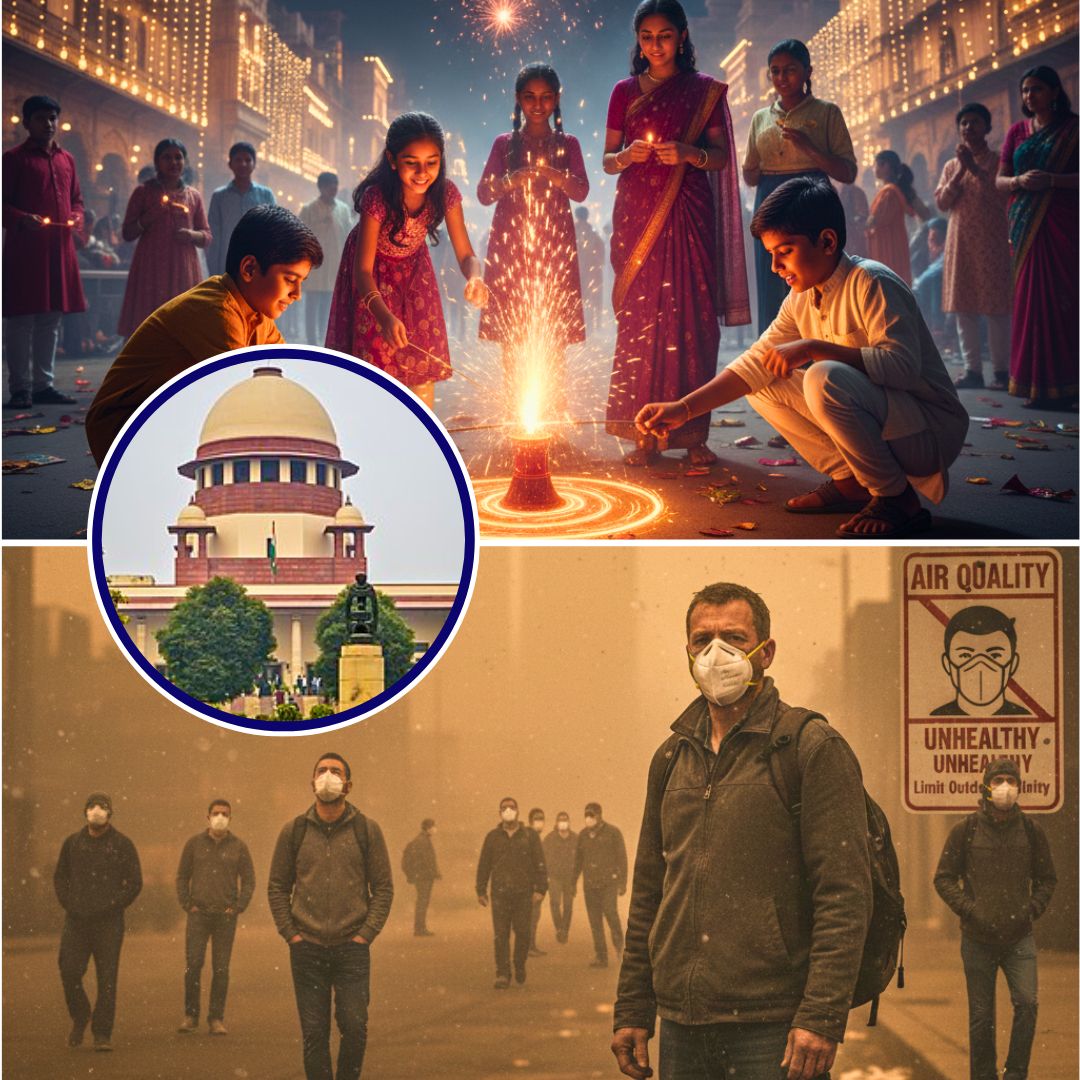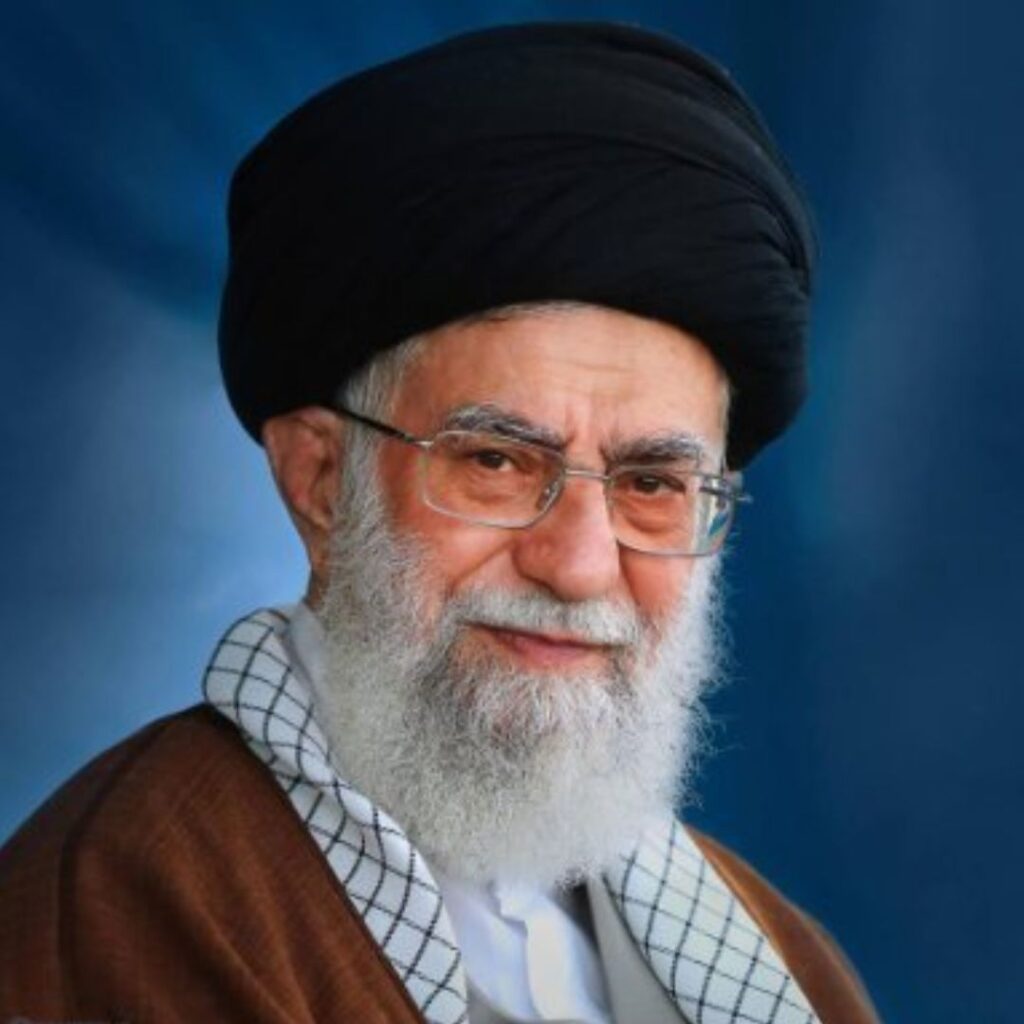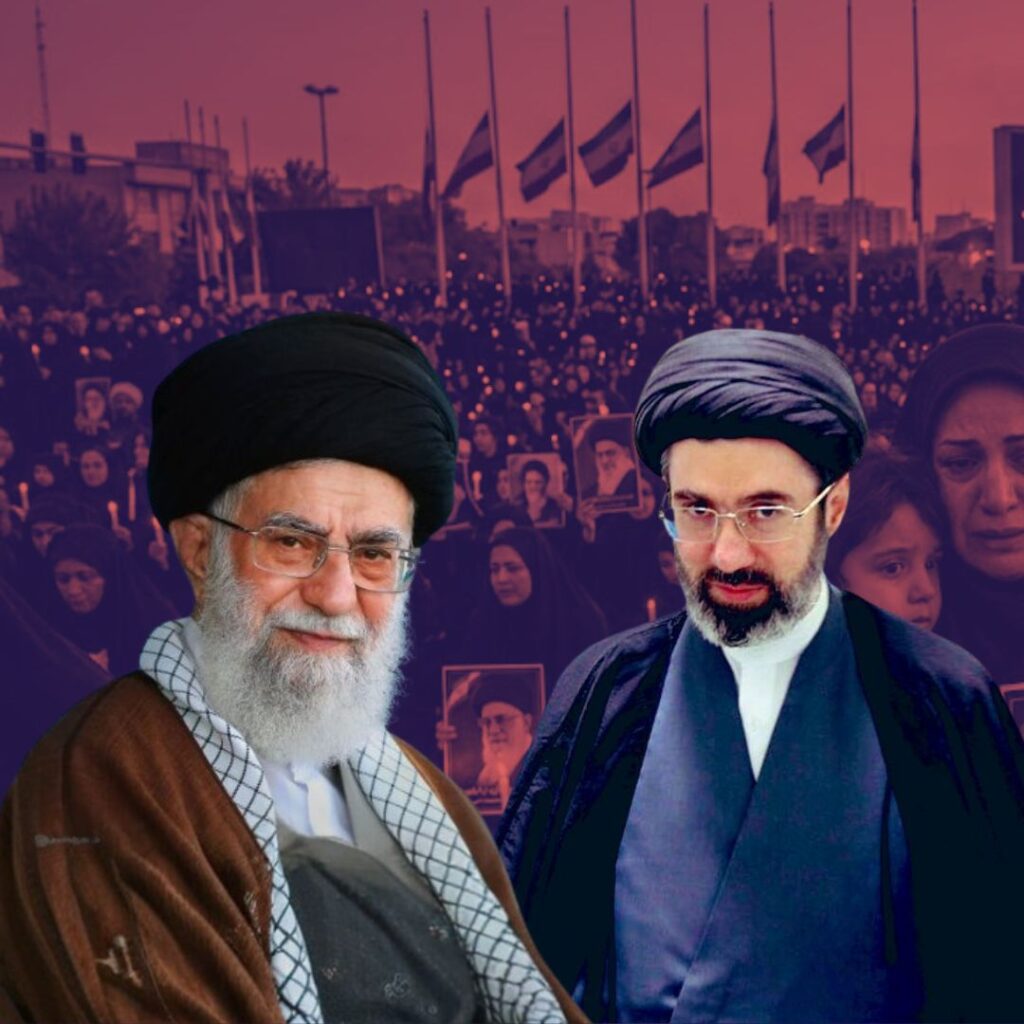The Supreme Court of India on September 12, 2025, strongly questioned why firecracker bans apply solely to Delhi-NCR, stressing that citizens across all Indian cities should have access to clean, pollution-free air. Chief Justice BR Gavai underscored that any such policy should be uniform across the country, pointing out that pollution in several other cities can be as severe or worse than in Delhi.
The hearing, led by Justice Vinod Chandran alongside the CJI, addressed pleas from firecracker manufacturers contesting the year-long ban on manufacture, sale, and bursting of firecrackers in Delhi-NCR. The court sought reports from the Commission for Air Quality Management (CAQM) and scheduled the next hearing ahead of Diwali, highlighting the need to balance health concerns with livelihood issues raised by firecracker traders.
Supreme Court Demands Pan-India Firecracker Ban
In a pivotal hearing under the MC Mehta plea concerning air pollution, the Supreme Court emphasised the need for a pan-India approach to firecracker regulation. Chief Justice BR Gavai articulated that pollution is not a localized problem; hence, banning firecrackers only in Delhi-NCR disproportionately privileges these regions while disadvantaging others. “If citizens in NCR deserve clean air, why shouldn’t people in other cities?” he asked. Citing personal observations, he remarked that during a visit to Amritsar-the pollution was reportedly worse there than in Delhi during winter.
This invalidated the notion that Delhi’s ‘elite’ residents should be uniquely protected. The court’s directive is clear: any policy on firecrackers must be uniform across states to ensure equitable environmental protection. Senior Advocate Aparajita Singh, assisting as amicus curiae, pointed out that pollution disproportionately affects the poor, who often remain in the city, unlike elites who tend to migrate during pollution spikes.
Several firecracker traders raised concerns over license cancellations, highlighting economic hardship due to the prolonged bans. The court responded by directing authorities to maintain the status quo on licenses until further orders, ensuring livelihoods are not unduly jeopardised without a comprehensive policy decision.
The matter was adjourned for further hearing on September 22, allowing time for detailed reports and expert inputs to inform future rulings.
Background: Air Pollution and Firecracker Bans in Delhi-NCR
Delhi-NCR has witnessed firecracker bans since December 2024, enforced under strict Supreme Court orders due to the hazardous impact of fireworks on winter air quality. The court has consistently rejected exemptions like ‘green crackers’ for failing to adequately curb pollution. Earlier judgments have broadened the ban to parts of Uttar Pradesh and Haryana within the NCR, forbidding manufacture, sale, storage, and bursting.
These measures came amid worsening winters, when particulate matter surges and respiratory illnesses spike. Environmental activists have long insisted that pollution across various Indian cities-Lucknow, Patna, Amritsar-calls for uniform regulation rather than patchy, region-specific actions. The court’s latest observations reinforce this argument, aligning judicial action with environmental equity and public health imperatives.
The Logical Indian’s Perspective
The Supreme Court’s insistence on a pan-India firecracker policy resonates deeply with the belief that clean air is a fundamental right, untied to geography or socioeconomic status. While respecting cultural traditions and festivals, it is imperative to innovate solutions that do not sacrifice health or disproportionately harm vulnerable communities reliant on the firecracker industry.
Compassionate dialogue involving stakeholders, combined with science-led regulation and economic support for affected workers, can enable celebrations that honour both heritage and wellbeing.











